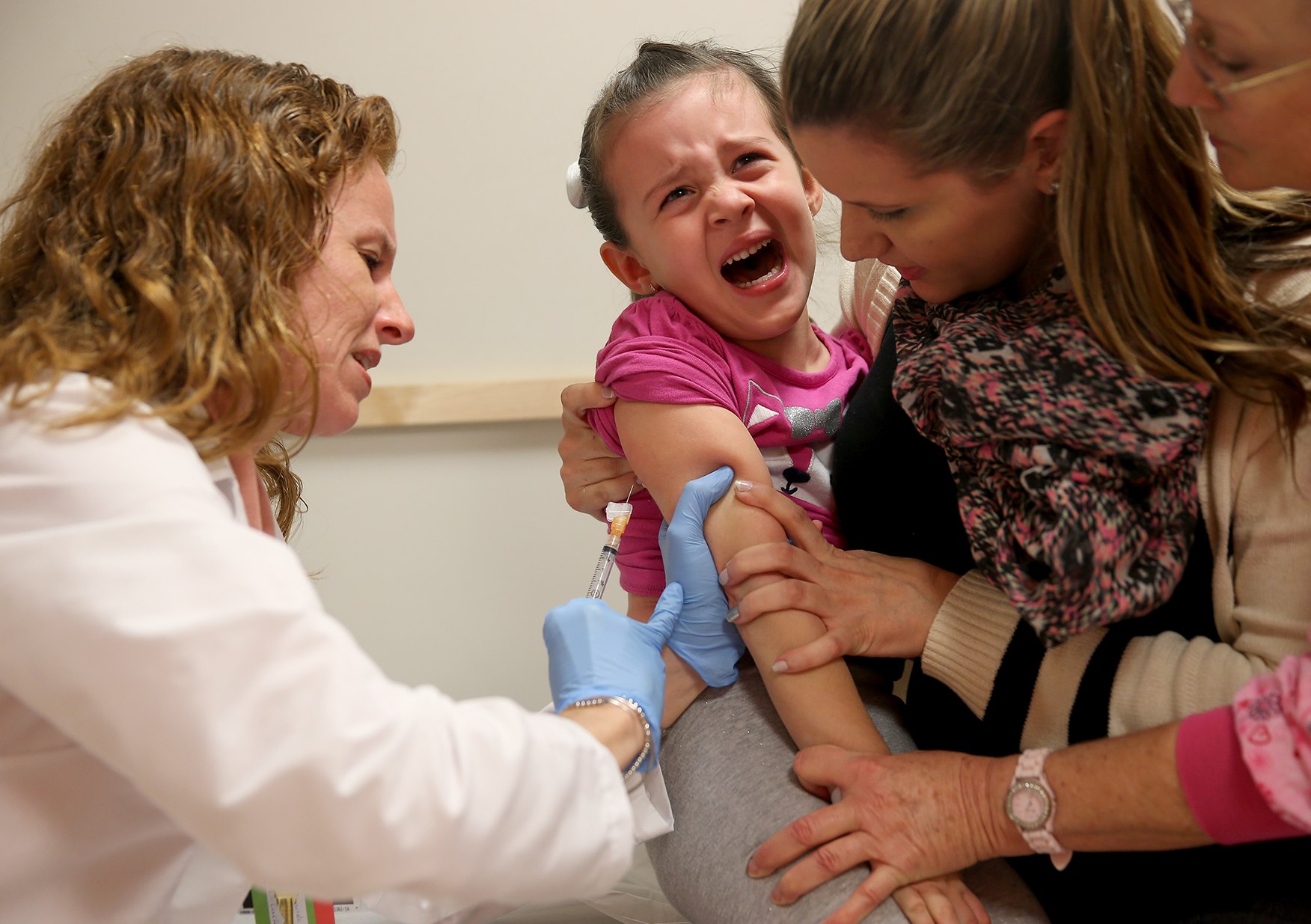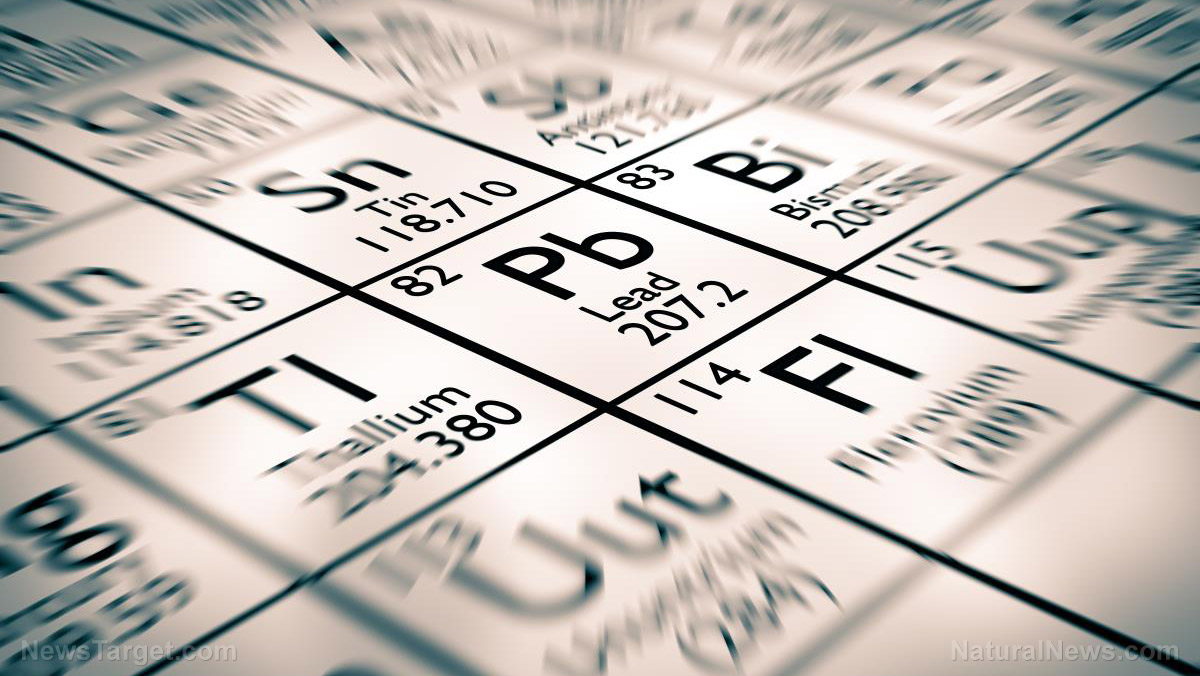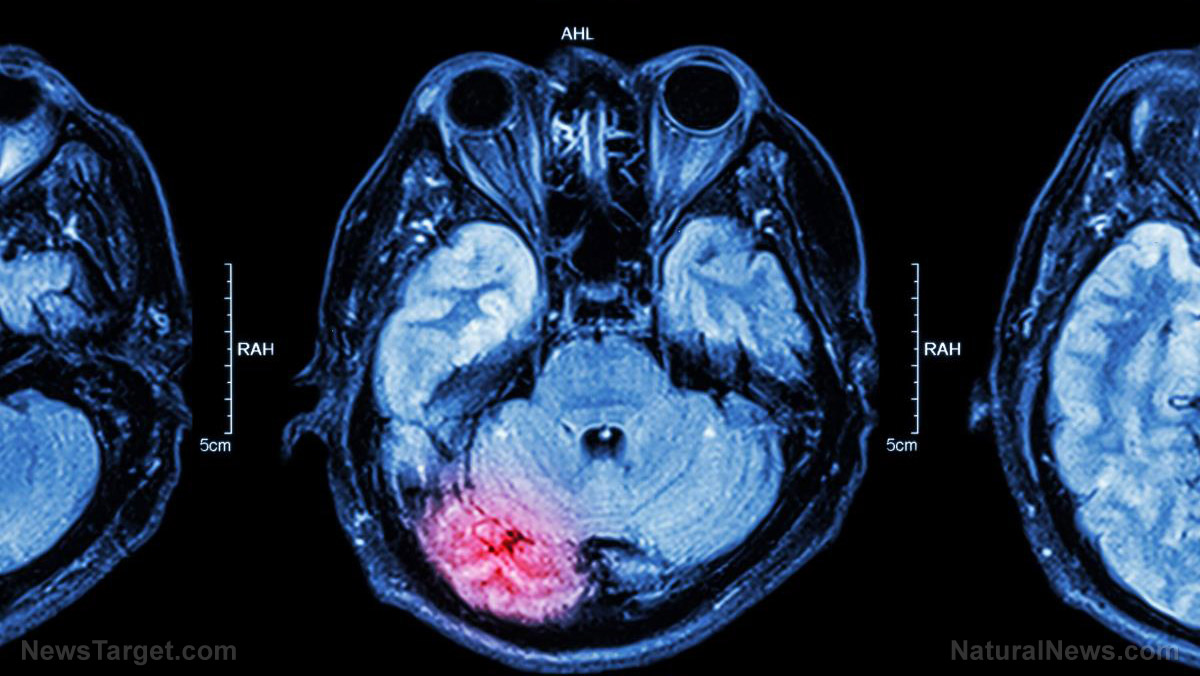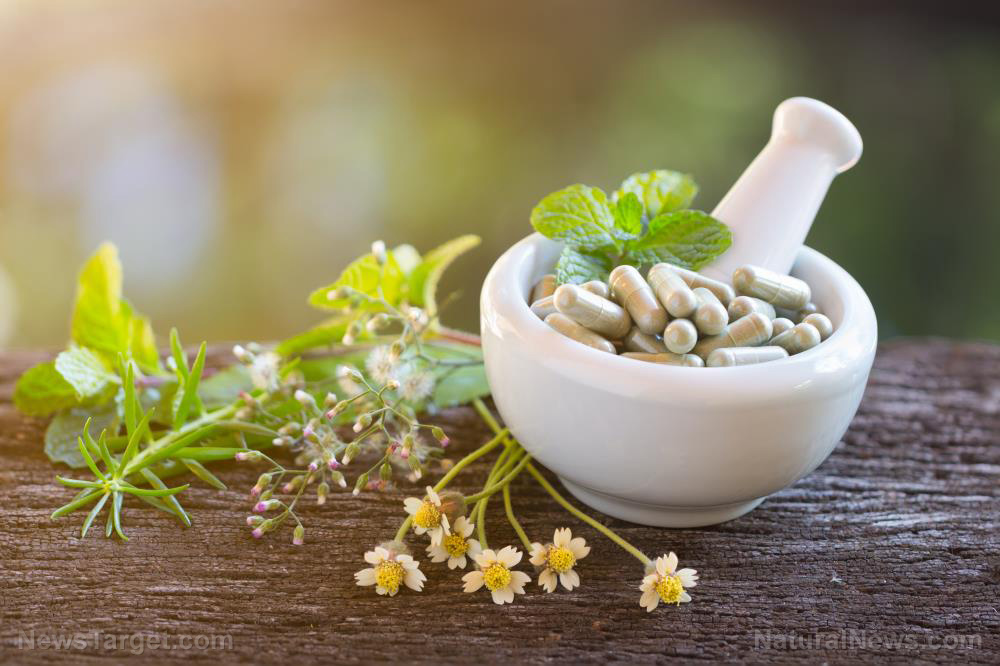Antidepressant use is posing a very real threat to the environment, experts warn
12/02/2018 / By Lance D Johnson
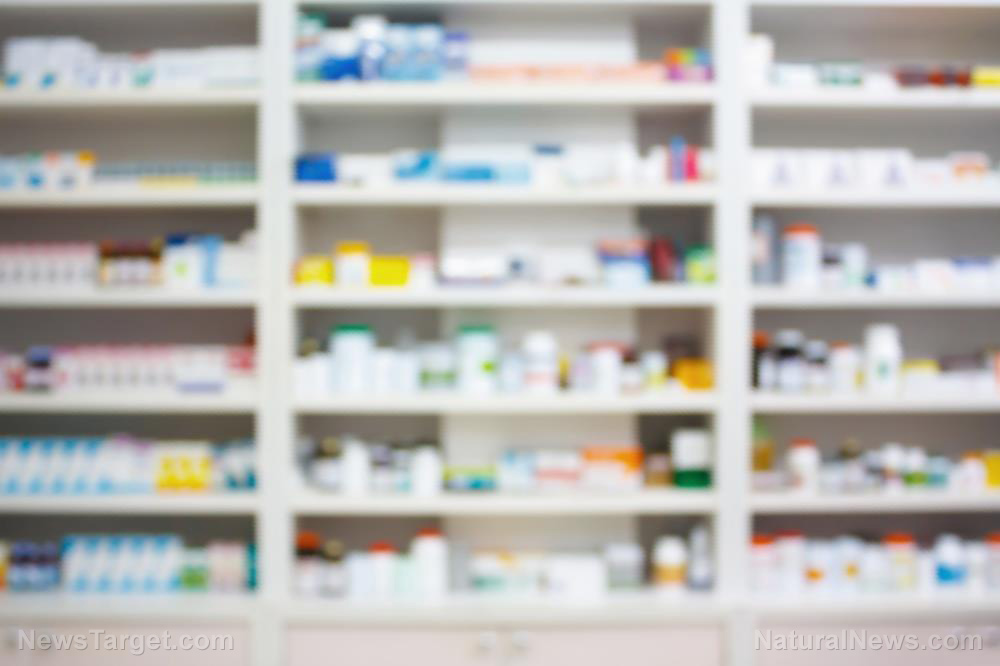
One of the greatest threats to the environment and wildlife is the accumulation of pharmaceutical drugs in the water and soil. Improperly discarded pharmaceuticals enter the sewage system and pollute the water. Hormone replacement drugs and contraceptives, even at trace levels, are now feminizing fish. Pharmaceutical chemicals often remain stable, even after passing through people and entering the sewage system. Some of the most pervasive and dangerous drugs in the environment are antidepressants. These chemicals, unseen but still detectable in water sources, interfere with the biological functions of marine life.
A growing number of people now rely on antidepressants and anti-anxiety drugs just to cope. In the U.K., approximately six million people are now on antidepressants such as Prozac. As a growing number of prescriptions enter the environment through human waste, researchers warn of the ill effects. Researchers from the University of Portsmouth warn that psychotropic drugs persist in the environment and change the behavior of marine life. Dr. Helena Herrera of Portsmouth’s School of Pharmacy and Biomedical Sciences says that doctors should be educated about the environmental impact of prescription drugs coming from human waste.
Antidepressants change wildlife behavior, survival instincts
Professor Alex Ford of Portsmouth’s Institute of Marine Biology says that antidepressants and anti-anxiety drugs are constantly streaming into marine habitats, exposing wildlife to drugs on a consistent basis. The drugs are found everywhere, “in sewage, surface water, ground water, drinking water, soil, and accumulating in wildlife tissues,” he says. Their laboratory studies show that these chemicals change the way animals reproduce, grow, and mature. Antidepressants change the animals’ metabolism, immune response, feeding habits, color, movement abilities, and survival behaviors. One of Professor Ford’s studies found that shrimp exposed to Prozac in waste water lose their survival instinct, swim toward the light, and are more likely eaten by predators.
Mother Nature's micronutrient secret: Organic Broccoli Sprout Capsules now available, delivering 280mg of high-density nutrition, including the extraordinary "sulforaphane" and "glucosinolate" nutrients found only in cruciferous healing foods. Every lot laboratory tested. See availability here.
Humans getting a taste of their own bad medicine
Not only is wildlife suffering from human pharmaceutical backwash, but people are also getting a taste of their own medicine. Wastewater treatment plants re-purpose human bio-solids and sell the waste as a fertilizer for use on home gardens and farms across the country. These bio-solids are chocked-full of thousands of pharmaceutical chemicals, agro-chemicals, heavy metals, hormone-disrupters, and plastics. Someone else’s prescription drug problem is being recycled into fertilizer, only to feed the plants and animals that end up on everyone else’s dinner plate.
Strategies to protect the environment, wildlife, and human health from pharmaceutical pollution
The research, published in the British Journal of Psychiatry Bulletin, suggests a number of ways to remedy the problem.
- Drug makers should be incentivized to design drugs that break down more readily after ingested.
- Prescribers should be educated about the environmental impact of pharmaceutical drugs.
- Prescribers should first help patients seek counseling, support groups, cognitive behavioral therapy, or other helpful modalities such as biofeedback, yoga and meditation groups, etc.
- Prescribers should limit the duration for antidepressant and anti-anxiety drug use.
- Patients should be educated on how to properly dispose of waste medication at pharmacies.
- Communities should be educated on the best methods for home water filtration.
- Waste water treatment plants should adopt new standards to ensure that fewer pharmaceuticals and synthetic estrogens make their way back into the water supply.
- Alternately, healthcare professionals should become more educated on holistic healing measures – strategies that don’t leave patients dependent on drugs that pollute their bodies and the environment.
- Environmental protection agencies such as the EPA should no longer allow human biosludge to be remarketed as fertilizer.
- All fertilizer and gardening products should be rigorously tested. If they contain a consortium of pharmaceuticals, heavy metals, and agro-chemicals, these products should be rejected at the source.
For more on the environmental impact of pharmaceuticals, check out the new documentary Biosludged.
Sources include:
Tagged Under: Antidepressants, Big Pharma, Biosludge, Biosolids, cognitive behavioral therapy, contamination, dangerous drugs, drug disposal, Ecology, ecosystems, environmental health, environmental protections, food supply, human health, sewage system, toxic fertilizer, toxic water, wastewater treatment plants, water supply, wildlife health

